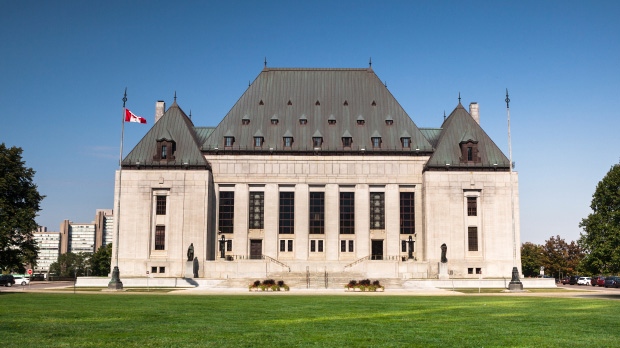
 The Supreme Court of Canada is anticipated to announce its verdict in a ruling scheduled on Friday morning that will possibly redefine the method adopted by immigration officials to determine if someone was complicit in war crimes. The case at hand is based on the denial of refugee status to Rachidi Ekanza Ezokola by the federal government. Ezokola has had a very vibrant and prominent work history as he was part of the government of the Democratic Republic of Congo (DRC) for eight years, during which he also served as a prominent diplomat at the United Nations for four years.
The Supreme Court of Canada is anticipated to announce its verdict in a ruling scheduled on Friday morning that will possibly redefine the method adopted by immigration officials to determine if someone was complicit in war crimes. The case at hand is based on the denial of refugee status to Rachidi Ekanza Ezokola by the federal government. Ezokola has had a very vibrant and prominent work history as he was part of the government of the Democratic Republic of Congo (DRC) for eight years, during which he also served as a prominent diplomat at the United Nations for four years.
Ezokola shifted to Montreal in 2008, along with his wife and eight children, asserting that he has received death threats from Congolese intelligence agents. However, the Canada’s Immigration and Refugee Board refused to grant refugee status to Ezokola after discovering that he was associated with war crimes and crimes against humanity. Consequently, Ezokola appealed the ruling and won at Federal Court but then lost at the Federal Court of Appeal.
In the factum filed with the Supreme Court, counsel for the minister of citizenship and immigration argued, pointed out that “for several years, the appellant willingly represented his government on the international scene while heinous crimes were being committed by his own government in his country.” The factum alleged that “it is common ground that he was not credible when he stated he did not know about the crimes committed by his own government and that he dissociated himself from his government only when he felt his personal safety was in jeopardy.”

Be the first to comment